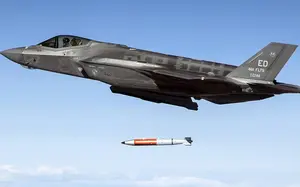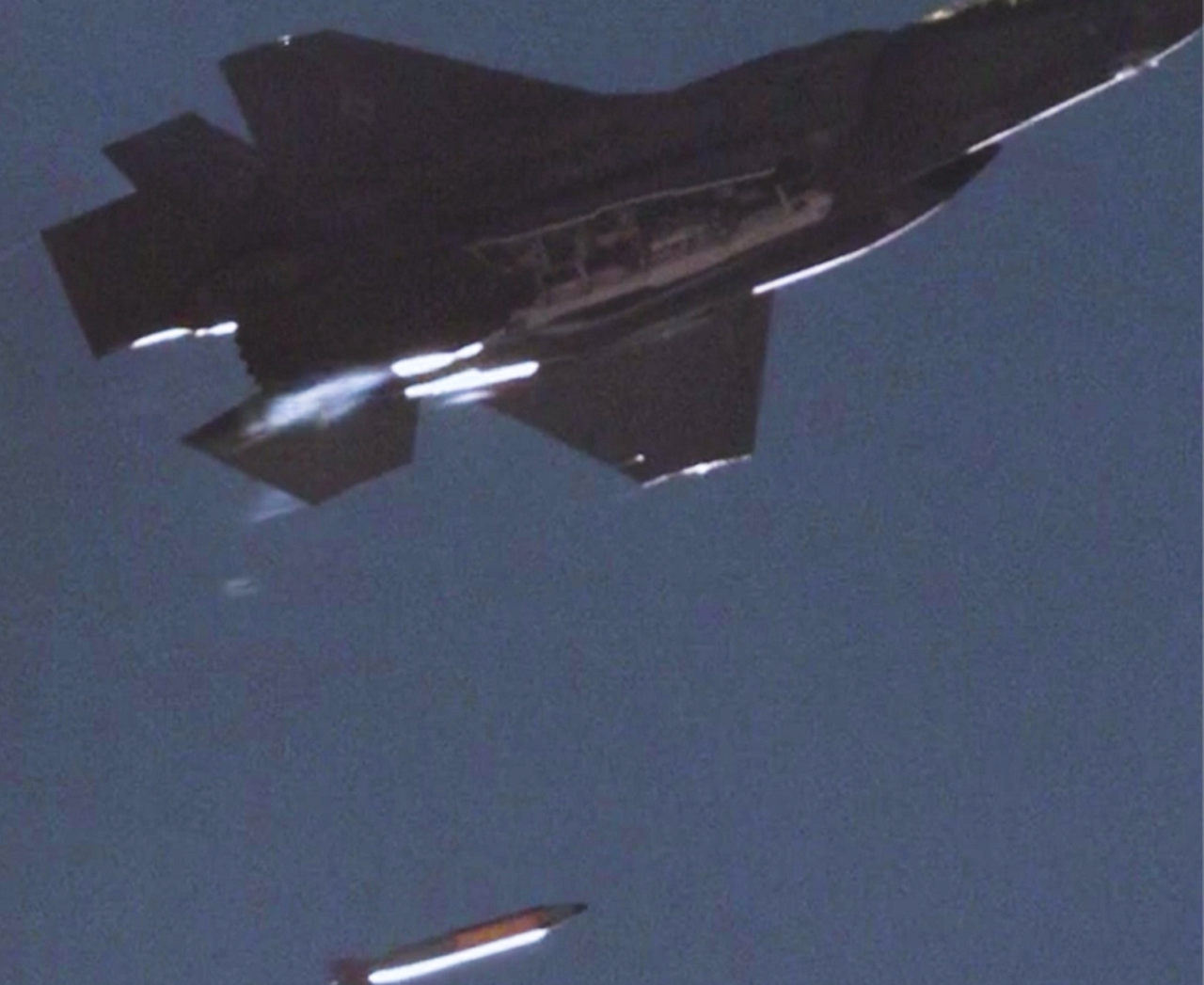US Unveils B61-13 Nuclear Gravity Bomb Amidst Arms Race Concerns
The US Department of Defense has introduced the B61-13 nuclear gravity bomb, a successor to older models, amid concerns about the nation's nuclear policy stagnation in the midst of an escalating arms race with Russia and China. The announcement, accompanied by criticisms from the House Committee on Armed Services, underscores the ongoing debate and strategic changes within the US defense landscape.
New B61-13 Nuclear Gravity Bomb Development: Addressing US Defense Amidst Global Arms Competition.

The US Department of Defense (DoD) recently unveiled plans for a new variant of the B61 nuclear gravity bomb, aiming to bolster the nation's nuclear capabilities amidst global concerns of an arms race, particularly with Russia and China. This revelation came in the wake of criticism from the US House Committee on Armed Services, characterizing the current US nuclear policy as stagnant in the face of a robust arms competition.
The DoD announced the production of the B61-13 gravity bomb, set to be delivered via modern aircraft, including strategic bombers. This new bomb, an offshoot of the B61-12, which had its debut drop from an F-35 in 2020, is designed to replace older models and slash the nuclear stockpile by half, as reported by the Federation of American Scientists.
The decision to develop the B61-13, seemingly a result of internal political deliberations in Washington, emerges as a replacement for the B83-1, which has faced wavering prospects from previous administrations. While initially on the brink of retirement during the Obama era in favor of the B61-12, the B83-1 was salvaged during the Trump administration. However, under the Biden administration's 2022 Nuclear Posture Review, the B83-1 was marked for retirement due to escalating limitations and maintenance costs, vehemently opposed by Congressional Republicans during hearings in May 2022.

The House Committee on Armed Services expressed mixed sentiments, acknowledging the B61-13's role in offering enhanced operational flexibility, especially in regions like the Indo-Pacific and Europe, with improved capabilities to target heavily fortified sites. However, the committee criticized the overall nuclear stance, cautioning that the B61-13 is not a lasting solution.
Chairman Mike Rogers and Ranking Member Roger F Wicker of the House and Senate Armed Services Committees, respectively, highlighted the need for enhanced military adaptability but emphasized that the B61-13 isn't a comprehensive, enduring answer to the evolving nuclear landscape. The developments, they noted, provide short-term advantages but underscore the necessity for a more comprehensive, sustainable strategy.



